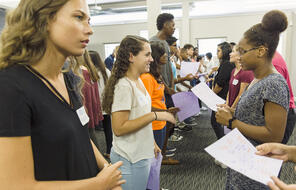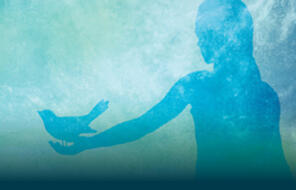Resource Library
Find compelling classroom resources, learn new teaching methods, meet standards, and make a difference in the lives of your students.
We are grateful to The Hammer Family Foundation for supporting the development of our on-demand learning and teaching resources.

Introducing Our US History Curriculum Collection
Draw from this flexible curriculum collection as you plan any middle or high school US history course. Featuring units, C3-style inquiries, and case studies, the collection will help you explore themes of democracy and freedom with your students throughout the year.
3282 Results
Spanish Translations from Holocaust and Human Behavior
Get Spanish-language versions of popular readings from Holocaust and Human Behavior.

Teaching Holocaust and Human Behavior
Use this 23-lesson unit to lead middle or high school students through a study of the Holocaust that asks what this history can teach us about the power and impact of choices.

My Part of the Story: Exploring Identity in the United States
Help students understand that their voices are integral to the story of the United States with six lesson plans that investigate individual and national identity.
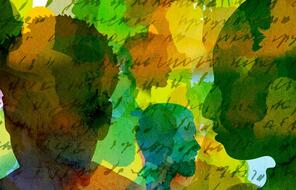
Community Matters: A Facing History & Ourselves Approach to Advisory
Our advisory curriculum for grades 8–10 contains a year’s worth of activities, handouts, and best practices for establishing inclusive communities where students can engage in honest discussions and build their voices.
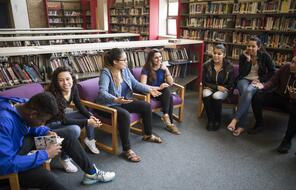
Holocaust and Human Behavior
Explore the digital version of our core resource on the Holocaust. Find classroom-ready readings, primary sources, and short documentary films that support a study of the Holocaust through the lens of human behavior.

Power, Agency, and Voice
Designed for students in grades 11-12, this text set includes lesson plans and multi-genre texts for a 1–2 week unit exploring the essential question, "How do I empower myself to speak up and take action on behalf of myself and others?”
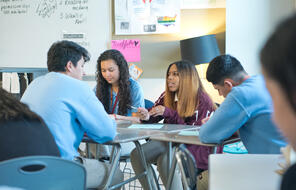
What Makes Democracy Work?
Explore this collection of lesson plans that cover a wide range of themes related to democracy, including citizen power and civic participation, the rule of law, the role of a free press, and more.
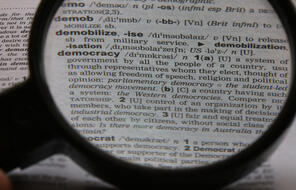
Teaching with Testimony
Engage students in personal accounts from survivors with this collection of video testimony, survivor profiles, and a lesson plan.
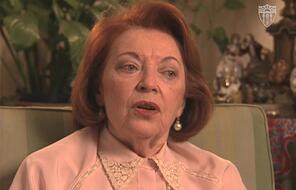
Survivors and Witnesses: Video Testimony
This collection features powerful accounts of the Holocaust, told by survivors, rescuers, and witnesses, selected from USC Shoah Foundation’s Visual History Archive.
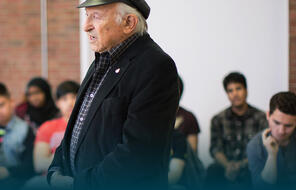
Establishing Opening and Closing Routines
These opening and closing classroom routines will set a welcoming tone, allow students to connect with one another, and encourage goal setting.
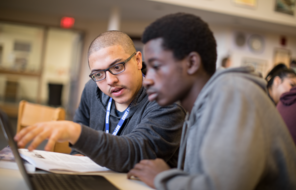
Identity & Community: An Introduction to 6th Grade Social Studies
Intentionally designed for middle school classrooms, this unit explores themes of identity and community by using students' knowledge of the Memphis, Tennessee, community.
